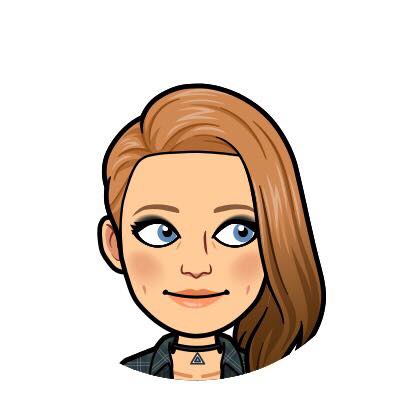|
It’s not a longshot to say that almost every teenager in the Western world has a social media account. Whether it’s Snapchat, Instagram, Facebook, Tumblr or Twitter, the internet-based platforms have taken over ground that was once firmly held by texting and calling. For the most part, they can be very positive. It pulls together the latest news, trends, messages and calls into one place, which is massively convenient - but what about the negative impacts?
The photoshopped bodies. The political echo chambers. The hate. The negativity. It’s easy for it to get you down, especially when you’re a teenager. It can make the world seem like a really naff place, and that is also paired with detailed insights into other people’s lives. Seeing famous vloggers, models and singers documenting their private jets and upmarket lifestyles can make you question your own. I follow a lot of Instagram models - they have industry-standard bodies. Flat tummies, abs, a perky butt and toned legs. That’s in no way to body shame them, because they work hard to achieve that. That’s the part that is easy to forget. It’s their job to have a camera worthy body and so they spend time and money on achieving it. However, that’s not what you bare in mind when scrolling through your feed. I know all I can think about is how my thighs jiggle way more compared to Kendall Jenner’s, or how my stomach isn’t as flat as hers when I’m sat down. Our body types and lifestyles are miles apart - so why do I compare myself? It makes no sense, but that doesn’t stop it happening. I also find that the internet can cause me to spiral. It can trigger my anxiety to no end - whether it’s about my health, global politics or global warming, I find myself hyper fixating on the end of times because of a tweet I saw. It distracts me from my work, from college and from doing productive things. Surely, that is not beneficial to anyone. It’s also easy to fall victim to the marketisation of social media profiles. British actress Jameela Jamil recently brought light to the issue, discussing how celebrities promote harmful products such as appetite suppressant lollipops or the infamous Flat Tummy Tea. It’s because of Jamil’s warnings and through personal experience that I know not to use them but what about other teenagers? What about other insecure young people who see it is a potential quick fix? It has the potential to be extremely harmful. With that said, social media doesn’t always have to be bad. As aforementioned, Jameela Jamil has used her platform and following to promote a positive message. Other people are also joining in, with Instagram based blogger Emily Clarkson using her website and profile to promote self-love, body positivity against media stereotypes and the side effects of photoshop and food suppressant tablets. The message is starting to spread thanks to the likes of them and their followers. Furthermore, social media is also a platform for people to grow. I’ve used my Tumblr blog to earn a fairly large following, allowing my confidence and skill to grow. Artists have also made a living from promoting their art online and getting commissions. It’s become a staple of our everyday lives, and it can be hard to spend time away from it. I know I’ve tried to remove all the apps from my phone, only to redownload them moments later. It’s as though it has become human nature. It is entirely possible to live without it but the question is whether or not we want to. Jazz
0 Comments
Leave a Reply. |
JazzI really hope this helped, message me if you need further advice and have a good day! Categories
All
|
|
|
Teenagers With Experience is an online organisation created to provide teenagers worldwide with an online platform to share their own experiences to be able to help, inform and educate others on a variety of different topics. We aim to provide a safe space to all young people. You can contact us via email, social media or our contact form.
|

